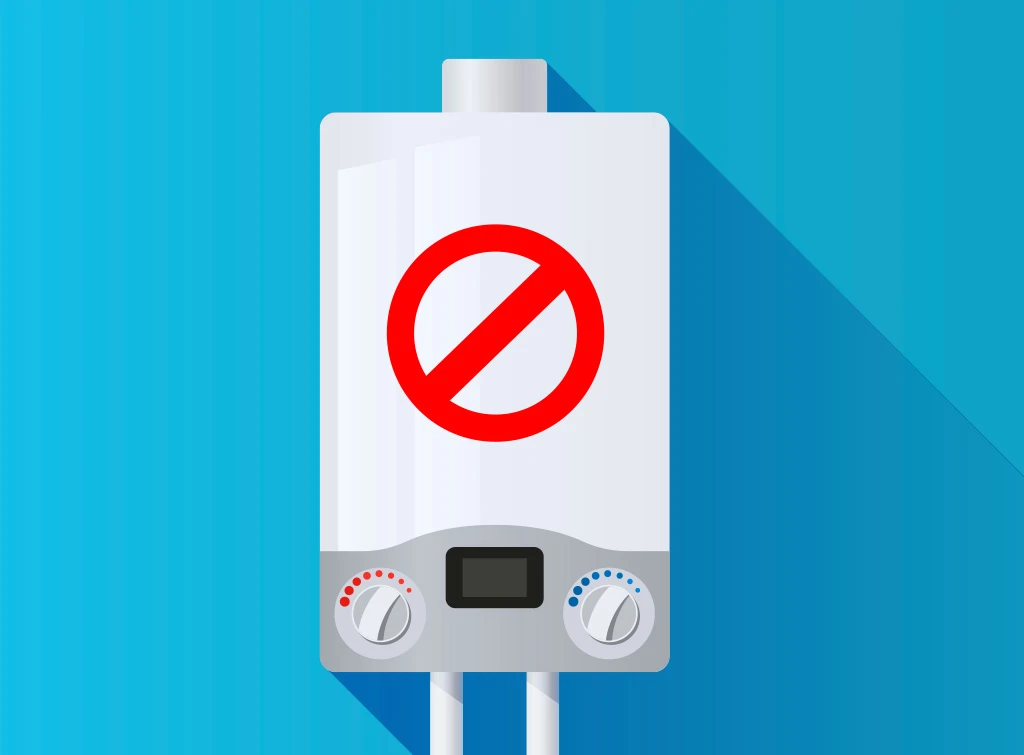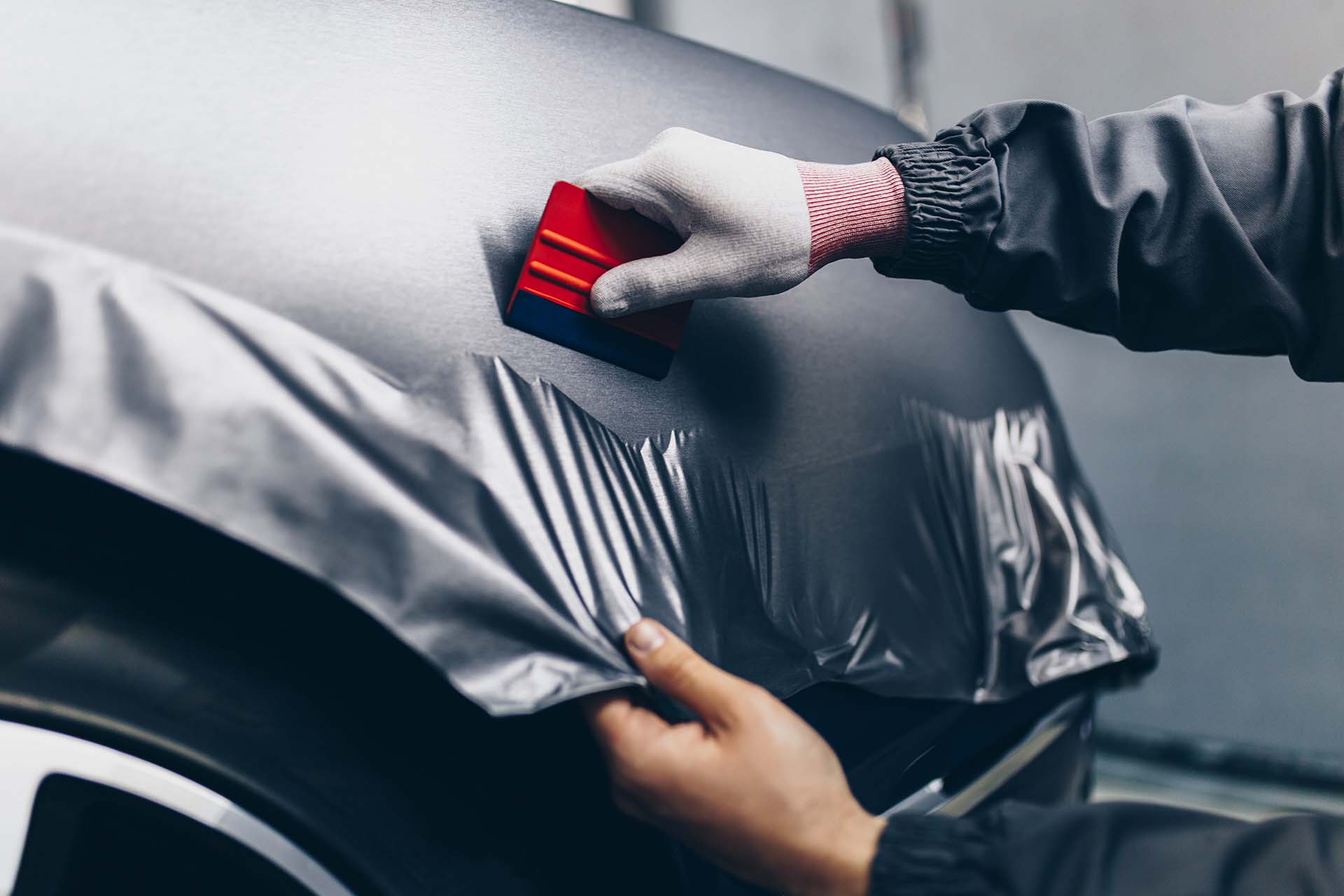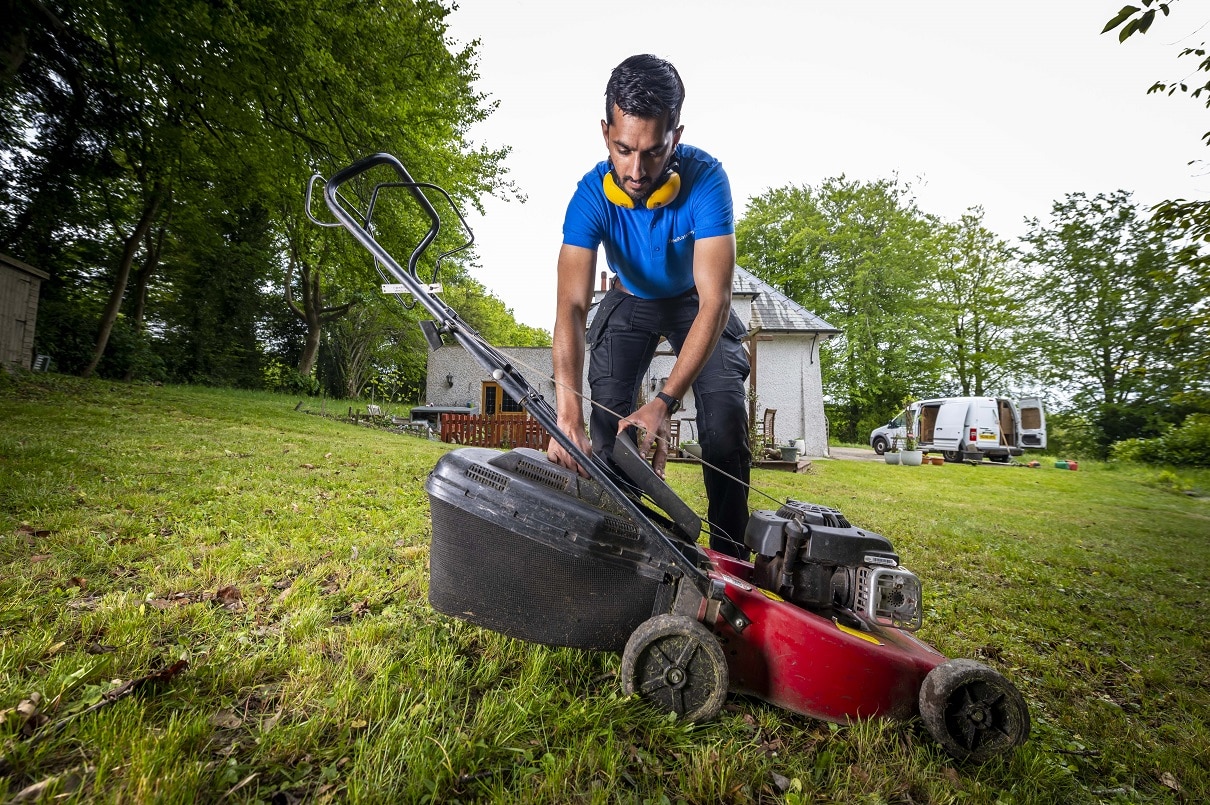Blog>Trade>Starting a Business>Boilers: Getting the Right Fit
Last updated: 3 May 2019
Boilers: Getting the Right Fit
With gas boilers being phased out, is now the time to look more seriously at installing renewable technology? Here, we take a look at the business opportunity and the training courses available. Why the change? For years, there’s been a debate in the gas engineering industry

With gas boilers gradually being phased out, is now the time to look more seriously at installing renewable technology? Here, we take a look at the business opportunity and the training courses available.
Why the change?
For years, there’s been a debate in the gas engineering industry about the long-term future of domestic gas boilers. UK government policies change, but are designed to tackle the UK’s ongoing climate crisis and help the nation meet its emissions targets.
Opportunity in challenge
Currently, gas is the primary source of heating in around 85 per cent of British homes. Policies such as these therefore have the potential to really disrupt the market and longer term are likely to become a threat to traditional heating businesses.
Whereas today the emphasis might only be on new build, the likelihood is that ultimately the focus will switch to replacement boilers too, causing a monumental shift towards alternative heating technologies. There is therefore a huge opportunity for those installers who are looking at getting ahead of their rivals, by becoming more skilled in the process of installing renewable heating technology sources – such as the following:
Grow your business with Checkatrade
Get checked, get listed, win work, and grow your business today!
Solar thermal hot water
A solar thermal system uses solar absorber panels, commonly installed on the roof of a property, to absorb radiant heat from the sun, using it to heat the hot water of a property.
The panels have a network of pipes inside them containing water and antifreeze. This liquid is heated by the sun and then pumped from the solar panel to a heat exchanger coiled inside the hot water cylinder of the property, providing hot water just like a normal boiler.
Trade bodies such as the NICEIC and well known manufacturers like Worcester Bosch offer a wealth of training for plumbing and heating engineers interested in diversifying into solar thermal.
Air source heat pumps
With an air source heat pump, heat from the air is absorbed at low temperature into a fluid. This fluid then passes through a compressor where its temperature is increased, and this heat is then transferred to the heating and hot water circuits of the house; and used to heat radiators, underfloor heating systems or warm air convectors - and hot water.
There are two types of air source heat pumps. Split systems combine an outdoor heat pump which is connected via refrigerant pipework to a heat exchanger located internally; this then connects to a hot water tank. As these systems require handling of a refrigerant, specialist F Gas training and accreditation is required to enable you to install.
Alternatively, Mono systems consist of an outdoor heat pump that connects directly via water pipework to the internal hot water tank. The tank water is then distributed to the hot water and heating circuits as per any conventional system. These systems don’t require specific F Gas qualifications and can be installed by any competent heating engineer.
Manufacturers such as Daikin and Nibe provide comprehensive courses for qualified heating installers and on-going technical support, should you need it.
Renwewables in practice
Checkatrade member Steve Moorhouse from Chicester-based Heating and Plumbing company Here4Heat, has diversified his business in recent years to move away from traditional heating sources into more renewable technologies.
Steve says: “We first started training in renewable energy heating sources about a decade ago, but the uptake wasn’t spectacular. However, since then our business has grown and we now routinely install air source heat pumps in new builds and renovations. We’ve seen a step change again more recently, with more enquiries since legislative changes.
“I’d advise any engineer looking to diversify to do their research first, as there’s a lot to learn about the sector.”
Changes to UK law mean that the days of gas boilers being installed in new homes seem numbered. It’s important that installers become aware of the changes. If not, there’s a chance they could get caught behind the times and become frozen out of work. However, by embracing the change and investing in the appropriate training and accreditation, installers can take advantage of what could be a huge opportunity.


